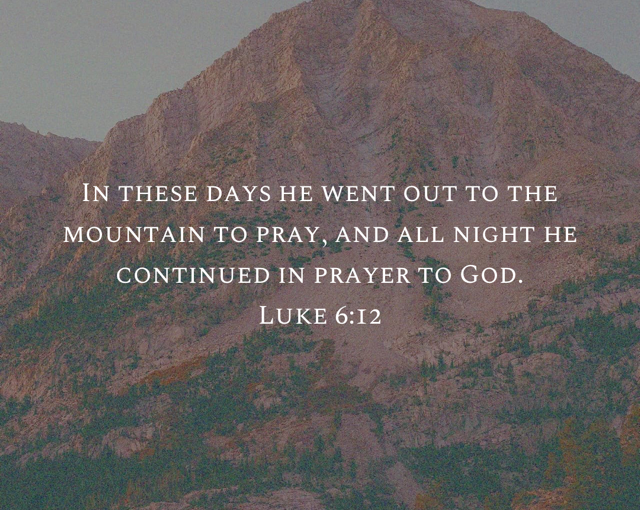
Today’s reading: Deuteronomy 15-18, Psalm 115, Luke 9
I remember my Driver’s Ed instructor telling me to keep my eyes looking in the direction that I was driving. He explained that the car would veer in any direction that my eyes looked. Have you experienced this? When I am driving in a new place and checking out the surroundings, my car drifts to whatever direction I am looking. When my car would drifts to the left or to the right I immediately look in the rear view mirror to make sure a car isn’t in my way. I have to remind myself to quit looking around and look at the direction I am driving. It is so easy to get distracted.
Luke 9:62 gives us an agricultural reference as this is what the people of this time could relate to. If a farmer did not focus on what is ahead but was distracted by what was behind or on the periphery, it would be impossible to plow in a straight line. The ox and the plow would certainly veer off course.
Jesus said to him, “Anyone who starts to plow and then keeps looking back is of no use for the Kingdom of God.”
Luke 9:62
There are so many areas of our lives that can become distractions. We can look back and focus on past successes and past failures. Anything that we focus on or think about more than Jesus is a distraction. The previous verse tells of a person who volunteered to follow Jesus, but first, he wanted to go back home.
Someone else said, “I will follow you, sir; but first let me go and say good-bye to my family.”
Luke 9:61
This man’s heart was divided and distracted. Jesus wants his full devotion and commitment.
How often do we get distracted by life and pulled back into old patterns and thoughts? Jesus uses the analogy of plowing to to remind us to keep our minds straight. When plowing you cannot look back, if you do your row will become crooked. You have to keep your eyes straight ahead and fix them on an object in front of you to keep a straight path.
As a christian, we cannot keep our eyes on Jesus when our attention is diverted in other directions.
Keep looking ahead with your eyes fixed on Jesus.
In all your ways know and acknowledge and recognize Him, And He will make your paths straight and smooth [removing obstacles that block your way].
Proverbs 3:6 (AMP)





